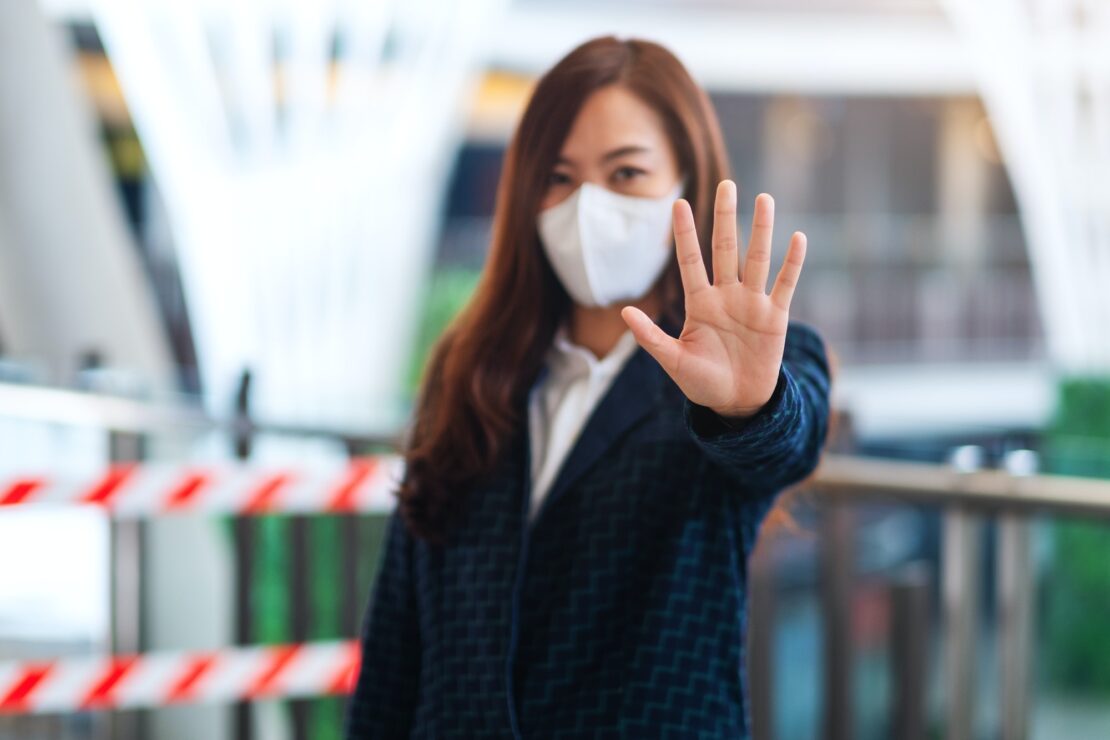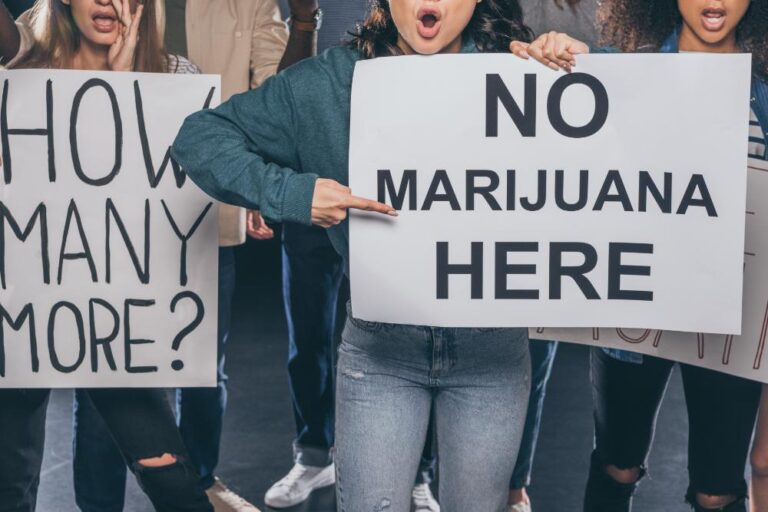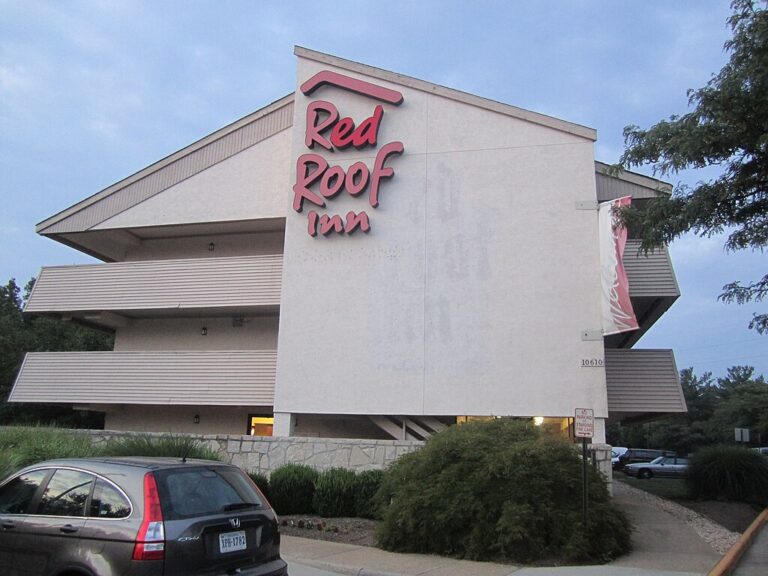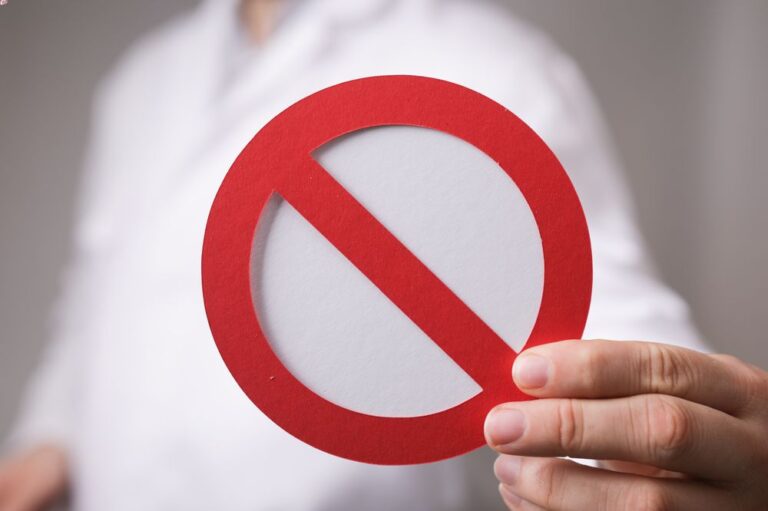
Can the Hotel Management Refuse a Guest?
Table of Contents
Toggle
In the hospitality industry, the guest is often considered king. However, there are circumstances where the hotel management may need to refuse a guest. This article explores the legal and ethical aspects of such situations, providing a comprehensive guide for both hoteliers and guests.
Understanding the Legal Framework
The hospitality industry operates within a legal framework that protects both the hotel and the guest. In the United States, the Federal Civil Rights Act of 1964 prohibits discrimination by privately owned places of public accommodation. This means that a hotel cannot deny service to someone based on their race, color, religion, national origin, or disability.
However, this does not mean that a hotel has to accept every guest. There must be a valid reason for refusing service, and the hotel must be consistent in its application of these reasons. For example, a hotel may have a dress code, fire code restrictions on the number of people allowed in the establishment at one time, or policies related to the health and safety of customers and employees.
When Can a Hotel Refuse a Guest?

Under common law, hotels are required to serve the public without discrimination and can only refuse service on reasonable grounds. These grounds could include a guest’s disruptive behavior, involvement in illegal activities, or any action that interferes with the operation of the hotel or the safety of other guests.
For instance, a hotel can lawfully refuse to entertain guests who are likely to harm its business or put other guests in a hazardous, uncomfortable, or dangerous situation. This could include guests who are disruptive, aggressive, or involved in illicit activities. However, it’s important to note that this does not include the right to discriminate based on race, religion, ethnicity, etc., regardless of whether it would harm the business.
Evicting a Guest: The How-To Guide
In some cases, a guest may need to be evicted from the hotel. This could be due to non-payment, fraud, disruptive behavior, or involvement in illegal activities. The eviction process must be handled carefully to ensure the rights of the guest are not violated.
The Fourth Amendment protects a guest until the hotel staff takes action to commence eviction. This could involve locking the guest out of their room (for the purpose of eviction), contacting the police for assistance in physically evicting the guest, or removing the guest’s belongings from the room.
It’s important for the hotel to document the reasons for eviction and the steps taken. This documentation can help protect the hotel in the event of legal action by the guest.
Ensuring a Safe Environment for All
While it’s crucial for hotels to respect the rights of their guests, they also have a responsibility to ensure a safe and comfortable environment for all guests and staff. This may sometimes require refusing service to a guest or evicting a disruptive guest.
Hotels should strive to make their premises as safe as possible. This includes ensuring adequate lighting in parking lots, maintaining secure entrance doors, and promptly addressing any unsafe conditions.
Knowledge Base
Frequently asked questions
No, a hotel cannot refuse a guest based on their appearance. This would be considered discrimination, which is illegal under the Federal Civil Rights Act of 1964.
Valid reasons could include a guest's disruptive behavior, involvement in illegal activities, or any action that interferes with the operation of the hotel or the safety of other guests.
Yes, a hotel can evict a guest who has paid for their stay if the guest violates the hotel's policies or engages in behavior that is disruptive or illegal.
The hotel should document the reasons for eviction and the steps taken, which could include locking the guest out of their room, contacting the police for assistance, or removing the guest's belongings from the room.
Yes, hotels can be held liable for unsafe conditions on their premises. This includes conditions in parking lots, entrance doors, and other areas of the hotel.
While there is no legal concept of hotel-guest confidentiality, it is best practice for hotels to state in their privacy policy if they share guest information, and to do so in a non-discriminatory way.
Conclusion
While the hospitality industry is centered around serving guests, there are situations where a hotel may need to refuse a guest or evict a guest. These situations must be handled carefully, with respect for the guest’s rights and in accordance with the law. By understanding the legal framework and implementing clear policies, hotels can ensure a safe and comfortable environment for all guests.
















